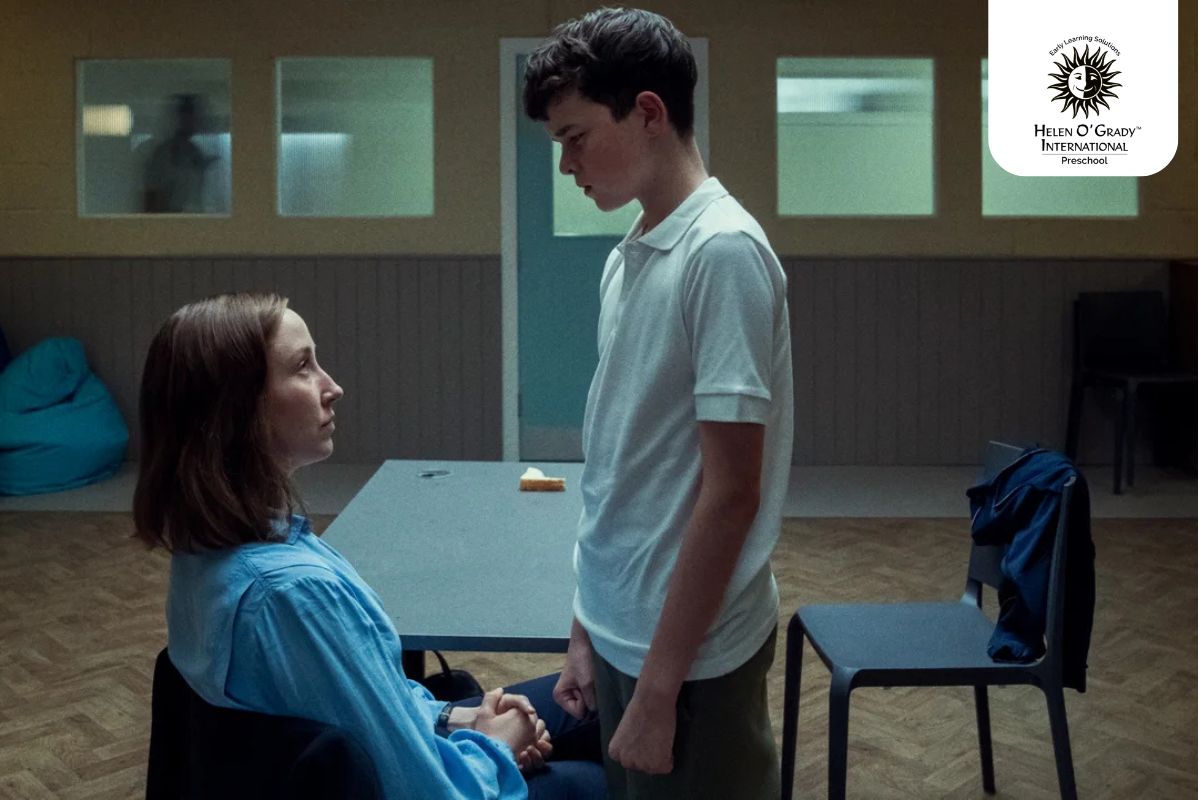
Welcome to Adolescence Season 2
A reimagined way of looking at the tween years. While most parents brace themselves for teenage rebellion, they often overlook the subtle but powerful changes that occur before the teens officially begin.
This transitional period, typically between ages 9 to 12, is when children start developing stronger identities, deeper emotions, and more complex social connections. It’s a time of immense growth and vulnerability.
If you’re a parent, educator, or even a preschool brand nurturing future tweens, this guide will help you understand what’s happening and how you can be the steady anchor your child needs.
Understanding Adolescence Season 2: What Are the Tween Years?
Often called “middle childhood”, the tween stage bridges the gap between early childhood and adolescence. It’s marked by:
- Physical growth (early puberty in some cases)
- Shifting peer dynamics
- Increased curiosity about identity and independence
- Emotional highs and lows
It’s not childhood anymore, but it’s not quite the teen years either. That’s why it deserves its own spotlight.
Why This Stage Matters More Than You Think
The tween years form the emotional and psychological foundation for teenage and adult behavior. Decisions made now—by parents and schools—can significantly impact:
- Self-esteem
- Academic confidence
- Mental health
- Social awareness
Key Fact:
According to child development experts, many behavioral issues in teens have roots in unresolved challenges from the tween years.
7 Things Parents Must Know About Tweens
- They Crave Independence—But Still Need Guidance
Let them make small decisions (like outfits, hobbies, or screen time limits), while gently steering them when needed.
- Peer Influence Becomes Powerful
Friends start playing a central role. Encourage open discussions about peer pressure, popularity, and staying true to themselves.
- Their Emotions Are Bigger Than You Think
From sudden anger to unexplained sadness, emotional regulation can be tricky. Help them name and navigate these feelings.
- They’re More Self-Aware
Tweens begin to compare themselves with others. Support their uniqueness and reduce unhealthy comparisons.
- They Still Value Your Opinion (Secretly!)
Even if they roll their eyes, your approval and attention matter. Make time for 1:1 conversations.
- They’re Navigating the Online World
Be involved in their digital life. Discuss online safety, digital etiquette, and screen limits early.
- They Want Respect
Treating tweens with respect—by listening, validating their emotions, and giving space—helps them respect others in return.
Smart Strategies for Parenting in Tween Years
✔ Encourage Open Communication
Create a “safe talk” environment. Let them know they won’t be judged for any topic—whether it’s puberty, friendship drama, or school stress.
✔ Support Holistic Learning
Beyond school, encourage life skills, creativity, and emotional intelligence. This prepares them for real-world challenges.
✔ Establish Routines with Flexibility
Structure helps them stay grounded, but allow room for changes and experimentation.
✔ Recognize Early Signs of Mental Stress
Sudden withdrawal, academic decline, or changes in appetite may signal stress. Be proactive about addressing it with empathy or professional support if needed.
Why Schools and Preschools Should Also Pay Attention
Preschools may seem far removed from tween issues, but the foundation is built early:
- Preschoolers who are taught emotional vocabulary adjust better later.
- A play-based curriculum fosters curiosity that sustains through middle school.
- Parent-teacher collaboration in early years builds habits that continue into the tween stage.
As educators and institutions, nurturing confidence, curiosity, and communication in preschool years can significantly ease the adolescence transition later.
Conclusion: Reimagining the Tween Years with Positivity
Think of the tween years as “Adolescence: Season 2”—full of plot twists, new characters, evolving roles, and deeper emotions. The more we understand and respect this phase, the better we can support our kids as they journey toward full adolescence.
It’s time to stop overlooking the middle and start nurturing it with awareness, trust, and compassion.
